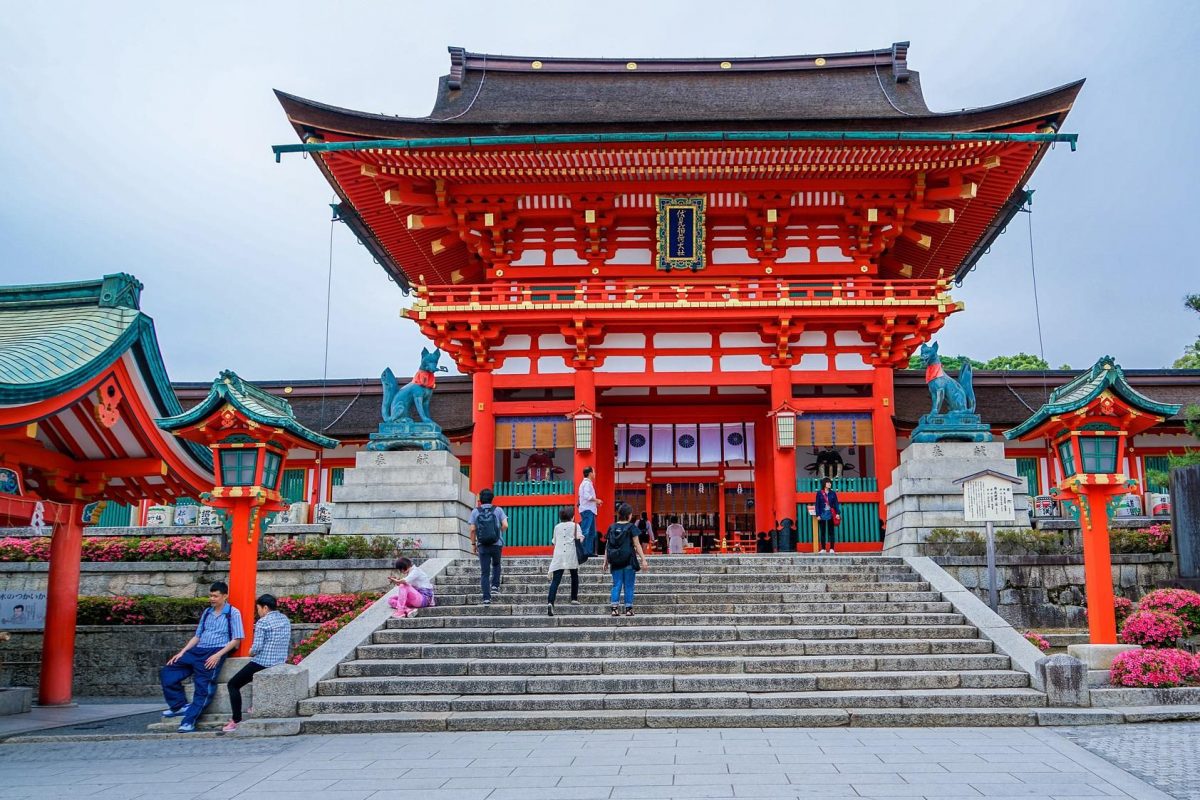Booking.com Executive on What the Endemic Asian Traveler Looks Like

Skift Take
As countries in Asia-Pacific have been slower to open borders than other destinations, the region’s road to recovery hasn’t really been a smooth one.
However, Booking.com is seeing a much quicker recovery in the region now, finally mirroring the trends it is tracking from across the rest of the world.
In conversation with Skift, Laura Houldsworth, Booking.com’s managing director and vice president for Asia Pacific, talks about these healthy booking trends and about the online travel agency’s “strategic partnerships” in the region.
The comments have been edited for length and clarity.
Skift: Based on the bookings that you've received what are some of the trends coming up in Asia?
Laura Houldsworth: With restrictions lifting, high vaccination rates and the summer peak for travel, we will continue to see heightened demand. Our first quarter earnings showed that we had our best first quarter ever, surpassing our best previous quarter which was the first quarter of 2019. In April, we surpassed our global booking numbers, even with restrictions across Asia. We're also seeing some interesting trends emerging on the back of the pandemic. Consumers are travelling with health and safety at the forefront of their minds. Flexibility is a significant trend. While we've got s

